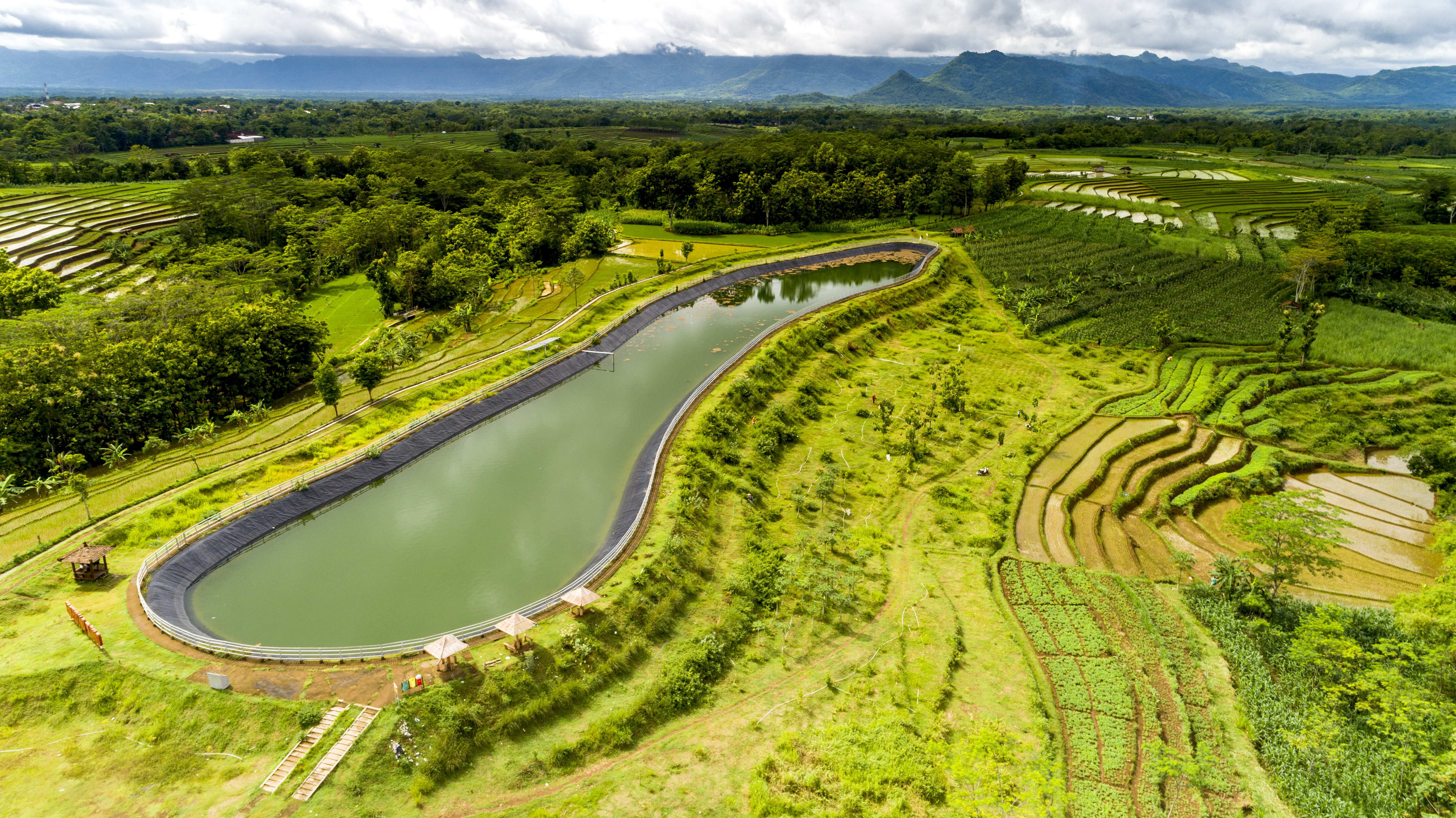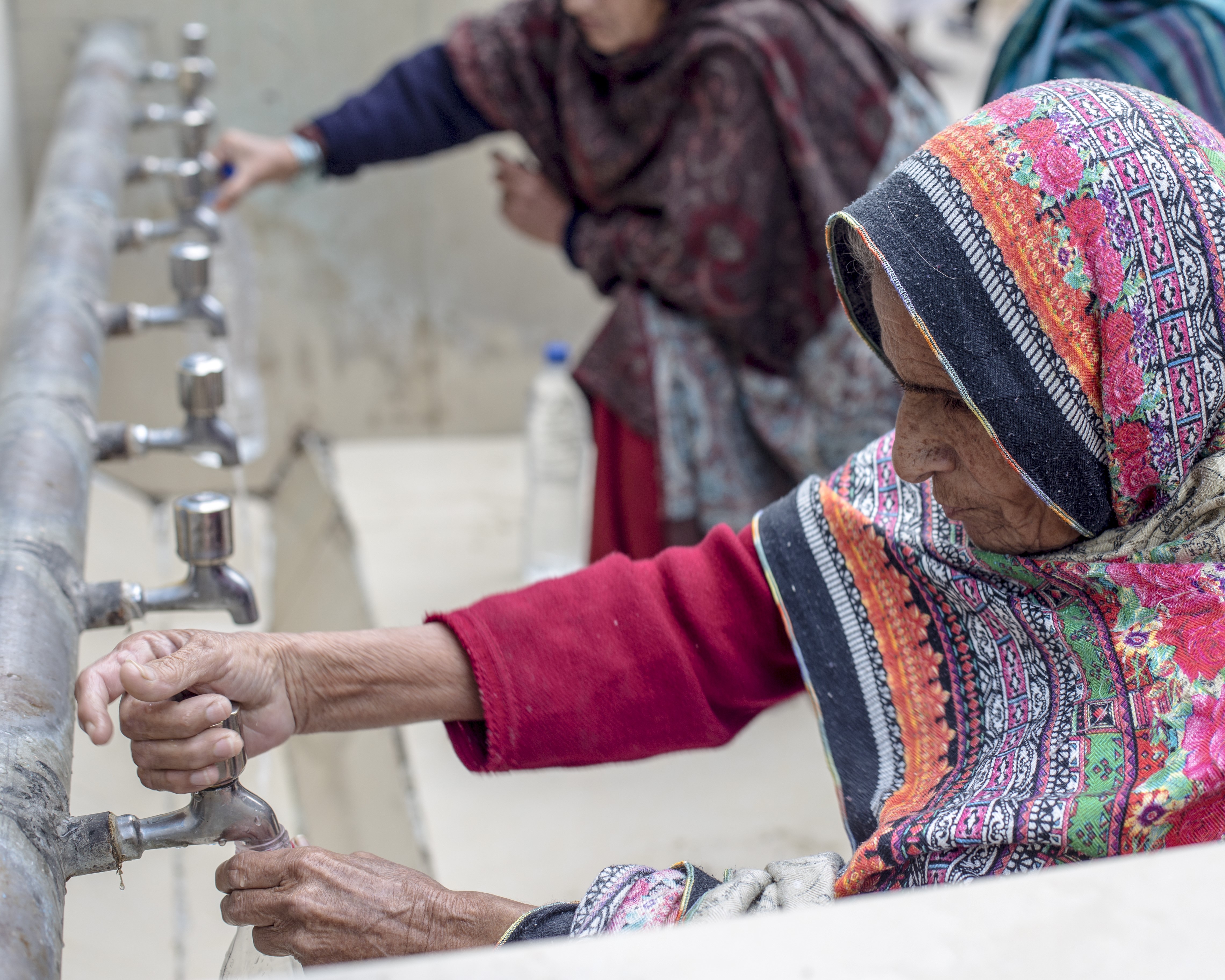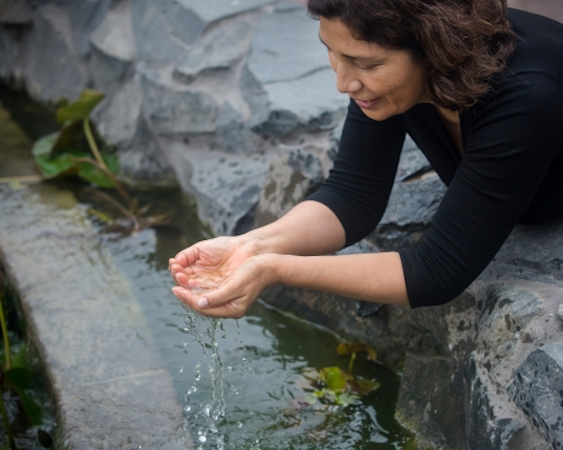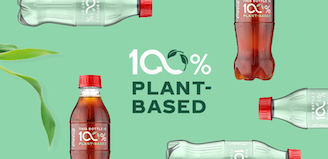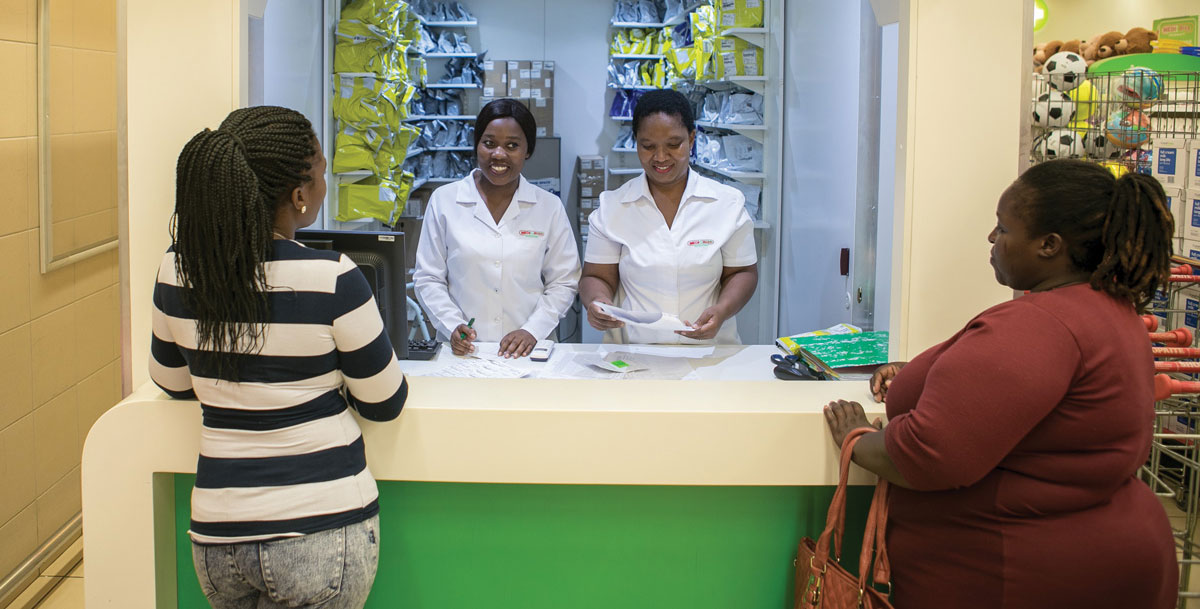Water is essential to people and ecosystems and is the main ingredient in most of our products.
We aim to promote water stewardship within our business to increase water use efficiency and treat and return safe water to communities.
Timeline
- 2004
- 2004
- 2005
- 2005
- 2007
- 2007
- 2007
- 2009
- 2010
- 2011
- 2011
- 2012
- 2012
- 2012
- 2013
- 2013
- 2014
- 2014
- 2015
- 2015
- 2017
- 2018
- 2020
- 2021
- 2024
Began reporting water efficiency progress as a global system.
Partnered with The Global Environment & Technology Foundation on the company’s global water management program and water resource strategy.
Started the Water Development Alliance, a collaboration between The Coca‑Cola Company, The Coca‑Cola Foundation and the U.S. Agency for International Development (USAID), to address challenges and harness opportunities connected to water.
Partnered with Water and Sanitation for the Urban Poor.
Announced Replenish, the initiative to return the equivalent amount of water used in our finished beverages to nature and communities by 2020.
Became one of the first six companies to join the United Nations Global Compact CEO Water Mandate, a unique public-private initiative that assists companies in the development, implementation and disclosure of water sustainability policies and practices.
Partnered with World Wildlife Fund to help conserve freshwater resources and create a more water-secure future.
Initiated the Replenish Africa Initiative (RAIN), a partnership with Global Environment & Technology Foundation, focused on increasing access to safe water and sanitation across the African Continent.
Set goal to improve water efficiency in manufacturing operations by 25 percent compared with a 2010 baseline.
Partnered with Water for People to provide safe water access in Rwanda.
Launched the award-winning Support My School initiative with UN-Habitat and other critical partners to help improve basic amenities and generate monetary resources for better learning environments for students in India, Bangladesh, Bhutan and Nepal.
Became a founding member of the 2030 Water Resources Group to help improve water policy in several countries around the world.
Announced a $3.5 million commitment with The Coca‑Cola Africa Foundation to the U.S. Water Partnership to advance sustainable water access in African countries facing the greatest clean water challenges.
Signed the WASH Sustainability Charter, which promotes best practices for sustainable water, sanitation and hygiene.
Announced the partnership between The Coca‑Cola Africa Foundation and WaterAid to make safe drinking water a reality for communities in Burkina Faso and Ethiopia.
FEMSA Foundation partnered with Coca‑Cola Latin America and Millennium Water Alliance to create Lazos de Agua to benefit 110,000 people in five Latin American countries.
As part of the Latin America Water Funds Partnership, Coca‑Cola Latin America and its local bottlers invested nearly $7.4 million to replenish 6.9 million cubic meters of water in watersheds across seven countries in the region through water fund activities.
The United Nations Development Program (UNDP) and The Coca‑Cola Foundation launched New World to improve water supply and sanitation, promote responsible water resource management and empower women and young people through more than 40 projects supporting communities in 19 countries including Europe and Central Asia, South Asia, Middle East and Africa.
Achieved the goal to replenish 100% of the water used in our finished beverages globally back to communities and nature five years early.
Signed a joint statement issued by our partners World Wildlife Fund and WaterAid on access to water, sanitation and hygiene (WASH) and freshwater ecosystem conservation. The statement supports a dedicated WASH goal within the United Nation’s Sustainable Development Goals framework, calling for a holistic action that recognizes the interdependencies of WASH and freshwater ecosystems.
One Drop Foundation, the Inter-American Development Bank, The Coca‑Cola Foundation and FEMSA Foundation announced a collective $25 million investment in Lazos de Agua, an initiative to provide 200,000 people with access to more safe and affordable water and improved sanitation and hygiene services in Mexico, Guatemala, Nicaragua, Colombia and Paraguay by 2021.
USAID, The Coca‑Cola Company and Water and Development Alliance collaborated with research firm Ipsos to conduct the Ripple Effect Study, which assessed how improved access to water and sanitation enables women’s empowerment and promotes gender equality.
The Coca‑Cola Foundation’s RAIN initiative reaches 6 million people in Africa with improved WASH.
The Coca‑Cola Company announced our 2030 water strategy.
The Coca‑Cola Company announced updated environmental goals, including a new goal to reach 100% replenishment in each of its more than 200 high-risk locations* across the Coca‑Cola system by 2035.
Additional Water Stewardship Resources
* Locations were identified following an extensive analysis updated in 2024 using the World Resources Institute Aqueduct 4.0 tool and Coca‑Cola system level assessments of each production facility.
**The Coca‑Cola system is made up of over 200 bottling partners and 950 production facilities. For the assessment of high-risk locations, the number of facilities evaluated was approximately 720 locations as it does not include third-party contracted manufacturers.
